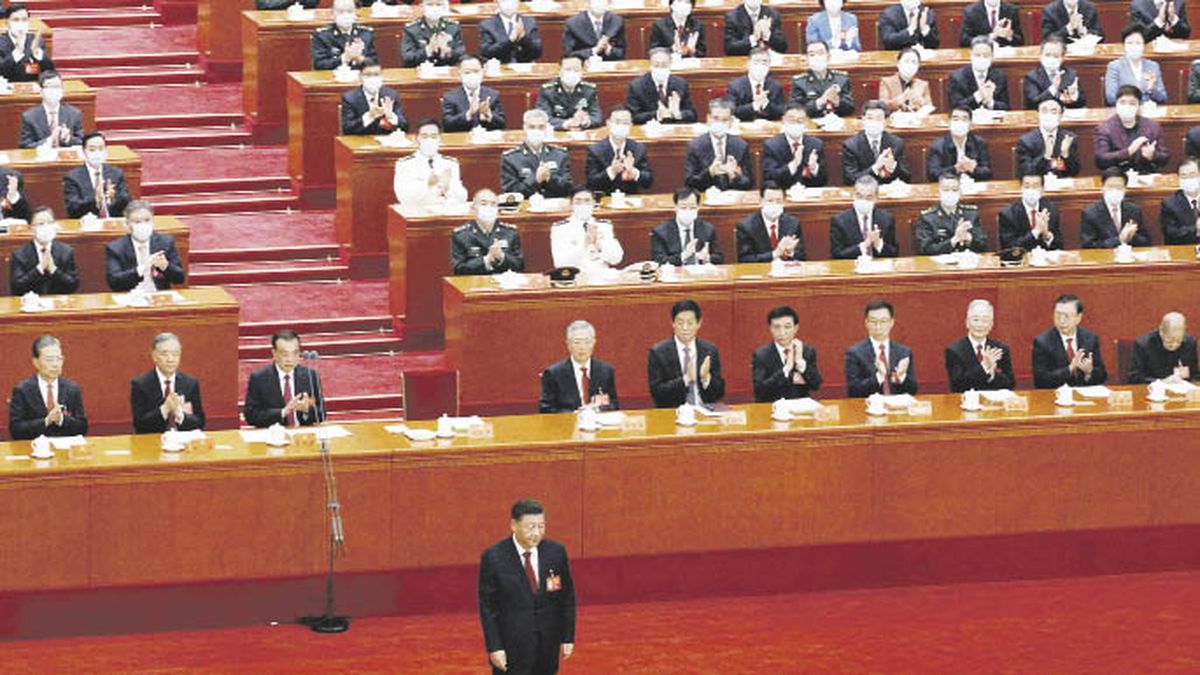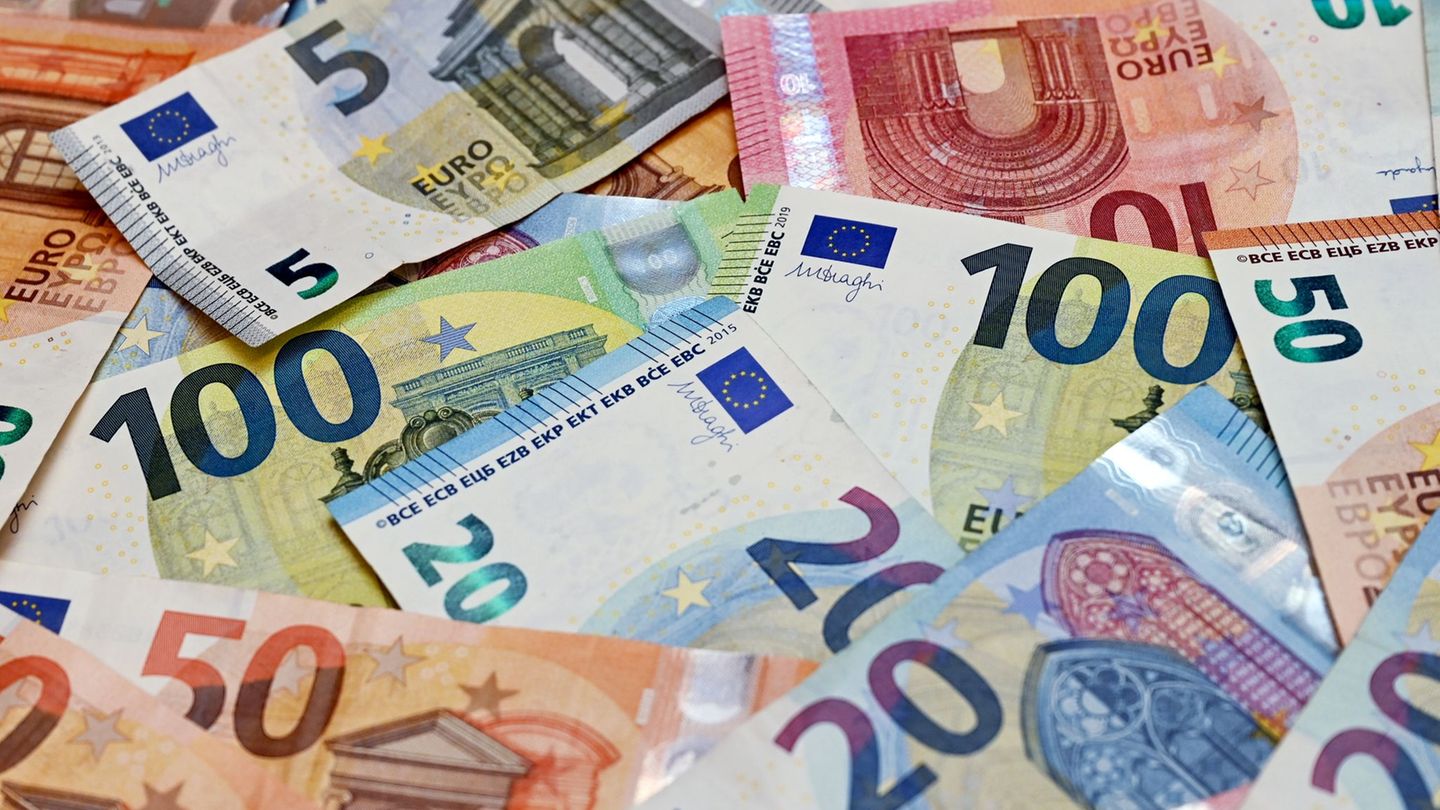In unison, state-owned banks promised to boost support for the economy, while state-owned asset managers reported – in identical statements – their “confidence in the healthy and long-term development of China’s capital markets”.
The far-reaching and well-coordinated efforts, with a spotlight on the ruling Communist Party’s congress, which opened on Sunday and marks a politically sensitive moment, restored a sense of calm and stability, at least for now, to markets. financial.
Chinese stocks and its currency have been hit in recent months by deteriorating growth prospects for the economy, undermined by persistent Covid-19 outbreaks and a faltering real estate sector.
Handling
Meanwhile, the regime decided on Monday to postpone without a date the publication of the growth figures for the third quarter, as well as other economic indicators.
The National Statistics Office was due to present a series of indicators today, including the GDP data for the third quarter, which many analysts predicted will be the weakest since 2020, with the economy weighed down by anticovid restrictions and a real estate crisis.
The agency surprisingly announced that the publication of the indicators has been “postponed”, but did not offer any explanation for this unusual last-minute change.
Many analysts believe that the world’s second largest economy will have serious problems reaching its growth target for this year, around 5.5%. The International Monetary Fund (IMF) recently lowered its growth forecast for China to 3.2% for 2022 and 4.4% for 2023.
Sustaining growth rates of less than 7% per year is a problem for the stability of the system because levels such as those mentioned are required for the labor market to be capable of absorbing the number of workers added to the market each year.
Finance
The Shanghai Market Composite Index has rebounded strongly since falling below the 3,000-point threshold in the middle of last week. Its closing on Monday, around 3,085 points, was the highest so far this month.
Investors and analysts believe government pressure on China’s largely state-controlled fund sector may have played a role in the stock market rebound.
In the forex market, the yuan has been stable over the past week, trading generally within a narrow band between 7.10 and 7.20 per dollar. By the end of September, it had weakened to 7.2521 per dollar, its lowest since the 2008 financial crisis.
Analysts have attributed the recent stability to the fact that the central bank has kept its daily pegs, which determine each day’s trading band, largely unchanged near 7.11.
Although Xi’s message on Sunday stressed national security, he also said economic growth remains a priority.
On Monday, several state-controlled asset managers, including E Fund Management, China Southern Asset Management and Zhongtai Securities Asset Management, said they were investing their own money to buy products, echoing an identical refrain of confidence in equity markets. Chinese capitals.
Source: Ambito
David William is a talented author who has made a name for himself in the world of writing. He is a professional author who writes on a wide range of topics, from general interest to opinion news. David is currently working as a writer at 24 hours worlds where he brings his unique perspective and in-depth research to his articles, making them both informative and engaging.




